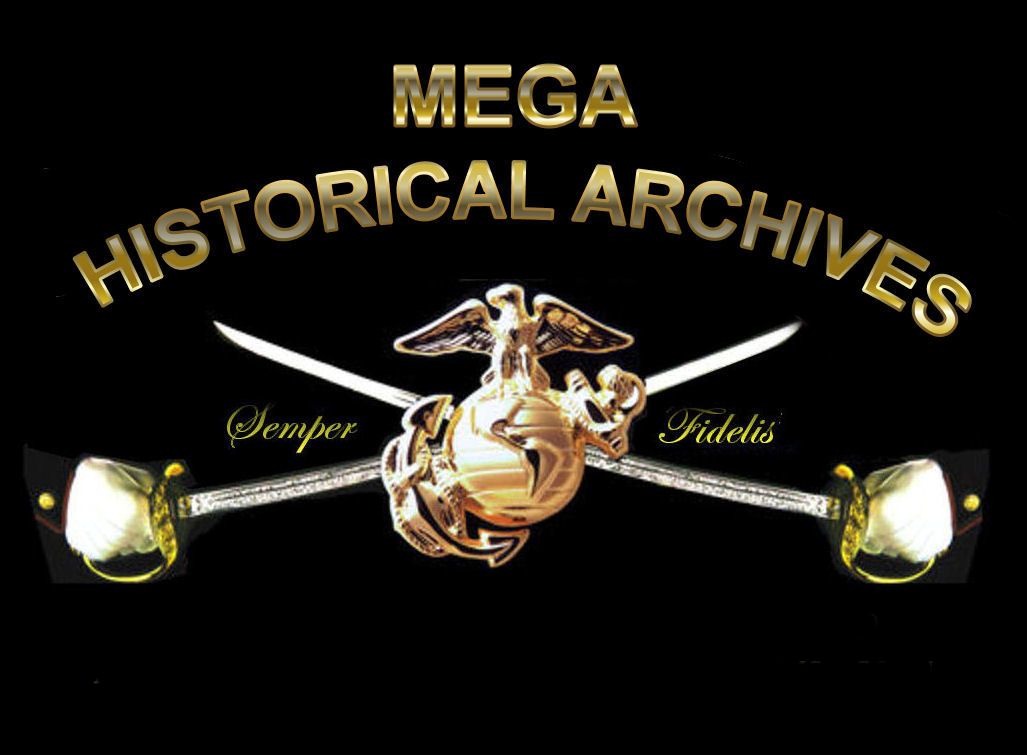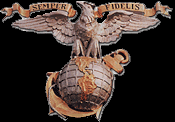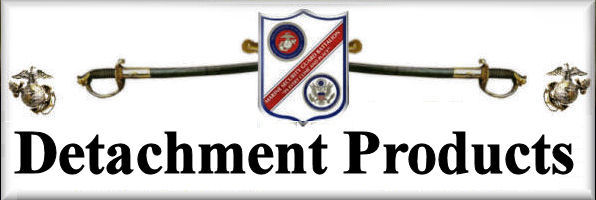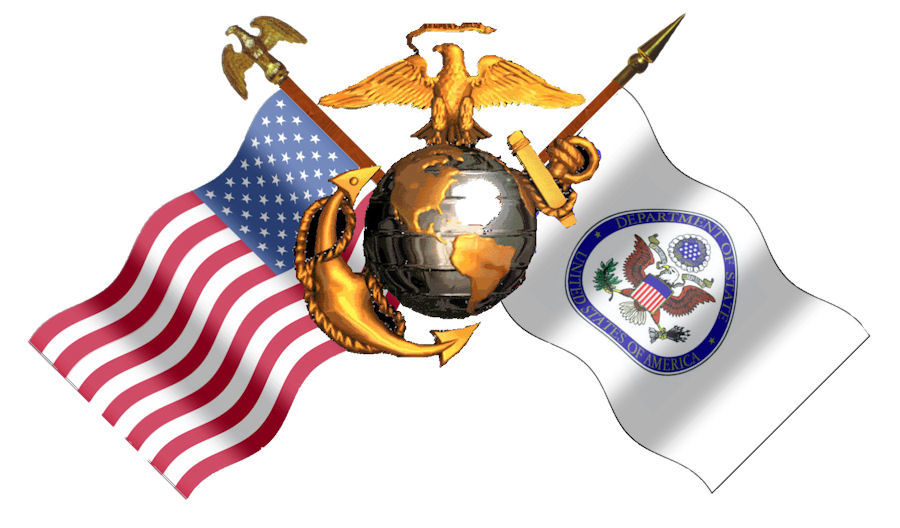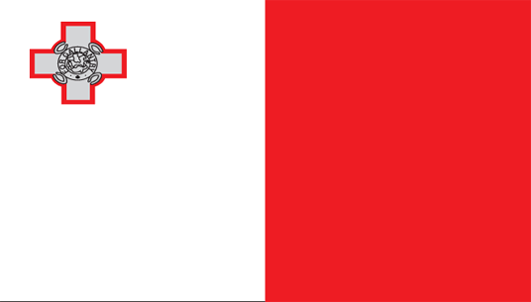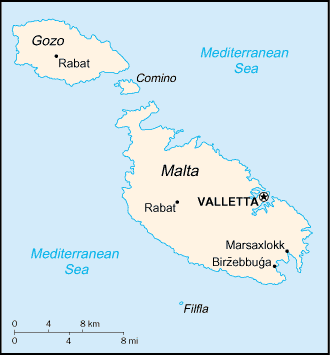|
|
THE
NAMES OF CURRENT DETACHMENT MEMBERS ARE NOT TO BE DISPLAYED WITHOUT THE
AUTHORIZATION OF THE DETACHMENT COMMANDER |
| 2015 |
|
| Ambassador:
Gina Abercrombie-Winstanley |
Company Commander:
Detachment Commander:
Watchstanders:
|
|
|
| 2014 |
|
| Ambassador:
Gina Abercrombie-Winstanley |
Company Commander:
Detachment Commander:
Watchstanders:
|
|
|
| 2013 |
|
| Ambassador:
Gina Abercrombie-Winstanley |
Company Commander:
Detachment Commander:
Watchstanders:
|
|
|
| 2012 |
|
| Ambassador:
Gina Abercrombie-Winstanley |
Company Commander:
Detachment Commander:
Watchstanders:
|
|
|
| 2011 |
|
Ambassador: Douglas W. Kmiec
|
Company Commander:
Detachment Commander:
Watchstanders:
|
|
|
| 2010 |
|
| Ambassador: Douglas W. Kmiec
|
Company Commander:
Detachment Commander:
Watchstanders:
|
|
|
| 2009 |
|
|
| 2008 |
|
| Ambassador: Molly
Bordonaro |
Company Commander:
Detachment Commander:
Watchstanders:
|
|
|
| 2007 |
|
| Ambassador: Molly
Bordonaro |
Company Commander:
Detachment Commander:
Watchstanders:
|
|
|
| 2006 |
|
| Ambassador: Molly
Bordonaro |
Company Commander:
Detachment Commander:
Watchstanders:
|
|
|
| 2005 |
|
|
| 2004 |
|
| Ambassador: Anthony
H. Gioia |
Company Commander:
Detachment
Commander:
Watchstanders:
|
Malta
became a member of
the
European Union as from 1st
May 2004 .
|
|
2003
|
|
| Ambassador: Anthony
H. Gioia |
Company Commander:
Detachment
Commander:
Watchstanders:
|
|
8th
of
March , a
referendum was held on the question of whether
Malta should become a
member of the
European Union in the subsequent enlargement of 1st May 2004
. 143,094
votes cast were in favour and 123,628 against. The Treaty of Accession
to the European Union was signed by the Prime Minister Dr. Edward
Fenech Adami and the Foreign Minister Dr. Joe Borg on the 16th of
April 2003.
Malta's
foreign policy
is also aimed at promoting Malta as a business center offering a full
range of financial and investment opportunities to the international
business community. Malta has a stable political and business
environment with a highly skilled workforce that is conducive to
commercially viable enterprises. It is Government's belief that the
free flow of goods, services and peoples will enhance global and
regional stability for the benefit of all.
|
|
2002
|
|
| Ambassador: Anthony
H. Gioia |
Company Commander:
Detachment
Commander:
A/: Sgt. Tony Lona
Watchstanders:
|
EU
Negotiations were
formally concluded on
13th December in
Copenhagen ,
Denmark.
|
|
2001
|
|
|
2000
|
|
| Ambassador: Kathryn
Linda Haycock Proffitt |
Company Commander:
Detachment
Commander:
Watchstanders: Patricia
Shelton, |
Malta
was given the
go-ahead to begin negotiations in February 2000, making up for time
lost during the two-year freeze of the application by the Labour
administration between 1996 and 1998.
|
|
1999
|
|
| Ambassador: Kathryn
Linda Haycock Proffitt |
Company Commander:
Detachment
Commander:
Watchstanders: Robert
N. Coe, Jr., Dustan Wacker, |
decision
taken at the
Helsinki European Council in December 1999 to open EU accession
negotiations with Malta and the remaining Central and Eastern European
applicant states.
|
|
1998
|
|
|
1997
|
|
| Ambassador: |
Company Commander:
Detachment Commander:
Watchstanders:
|
|
|
1996
|
|
|
1995
|
|
|
1994
|
|
| Ambassador: Joseph
R. Paolino, Jr. |
Company Commander:
Detachment Commander: GySgt. Rick Thompson
Watchstanders: Cpl.
Armando Campos, Cpl. Martin Correll, Sgt. Stacy Liebesh, Cpl. Brian
Meyer, |
|
|
1993
|
|
| Ambassador: Sally
Johnson Novetzke |
Company Commander:
Detachment Commander: GySgt. Rick Thompson
Watchstanders: Cpl.
Armando Campos, Cpl. Martin Correll, Sgt. Stacy Liebesh, Cpl. Brian
Meyer, |
|
|
1992
|
|
|
1991
|
|
|
1990
|
|
| Ambassador: Sally
Johnson Novetzke |
Company Commander:
Detachment Commander: Dan Sheets,
Watchstanders:
Willard T. Nelson III, |
Malta's
application
for
EU membership, submitted to the Council of the European Union in July ,
|
|
1989
|
|
| Ambassador:
Peter
R. Sommer / Sally
Johnson Novetzke |
Company Commander:
Detachment Commander: Dan Sheets,
Watchstanders: David
Blanco, John Coovert,
Willard T. Nelson III, Donald Shanks, |
|
|
1988
|
|
| Ambassador: Peter
R. Sommer |
Company Commander:
Detachment Commander:
Watchstanders: David
Blanco, Donald Shanks, |
|
|
1987
|
|
| Ambassador:
Gary
L. Matthews / Peter
R. Sommer |
Company Commander:
Detachment Commander:
Watchstanders: Sgt.
Timothy John Taylor, |
In
January it
was unanimously
agreed in parliament that the party gaining a majority of votes was to
have a majority of seats in parliament. Malta was declared a neutral
state and non-aligned, without a military base or foreign interference.
As an independent nation it has increased its participation in
international fora. It is fulfulling her role as a nation working for
peace particularly within the Mediterranean region.
The
Labour Party,
led by Mr Mintoff and subsequently by Dr K Mifsud Bonnici, remained in
power until 1987 when following general elections, the Nationalists led
by Dr E Fenech Adami were returned to power.
|
|
1986
|
|
| Ambassador: Gary
L. Matthews |
Company Commander:
Detachment Commander:
Watchstanders: Sgt.
Timothy John Taylor, |
|
|
1985
|
|
| Ambassador:
James
Malone Theodore Rentschler / Gary
L. Matthews |
Company Commander:
NCOIC: GySgt. Klaus Kiefer
A/:
Sgt Michael Botel
Watchstanders: Sgt.
Brian Dewitt, Cpl. Donald
LaRoy Funkhouser, Cpl. Stephen Hunstiger, Cpl. Timothy John Taylor, |
MSG
Detachment was activated in 1985
|
|
1984
|
|
|
1983
|
|
|
1982
|
|
|
1981
|
|
|
1980
|
|
|
1979
|
|
| Ambassador:
Lowell
Bruce Laingen / Joan
Margaret Clark |
Company Commander:
NCOIC:
Watchstanders:
|
On
31st March
the Defence Treaty
came to an end and British forces left the Island. The Labour Party,
led by Mr Mintoff and subsequently by Dr K Mifsud Bonnici, remained in
power until 1987 when following general elections, the Nationalists led
by Dr E Fenech Adami were returned to power.
|
|
1978
|
|
|
1977
|
|
|
1976
|
|
|
1975
|
|
|
1974
|
|
|
1973
|
|
|
1972
|
|
|
1971
|
|
|
1970
|
|
| Ambassador:John
Charles Pritzlaff, Jr. |
Company Commander:
NCOIC:
Watchstanders:
|
In
1970
an Association Agreement was also signed with the European Community
which through three financial protocols has provided aid for
development and infrastructural projects.
|
|
1969
|
|
|
1968
|
|
| Ambassador: Hugh
H. Smythe |
Company Commander:
NCOIC:
Watchstanders:
|
12th
December
the Prime
Minister signed the European Convention on Human Rights.
|
|
1967
|
|
|
1966
|
|
|
1965
|
|
| Ambassador: George
J. Feldman |
Company Commander:
NCOIC:
Watchstanders:
|
The
following year the
Prime Minister met the Secretary-General U Thant and Pope Paul VI while
at the UN Headquarters on the 13th
October .
Malta gained membership in such organisations as the FAO, WHO, ILO, UPU
and the International Committee of European Migration. In 1965 Malta
joined the Council of Europe,
In 1966 Malta had its first general election after Independence. It
returned Dr George Borg Olivier to power. In 1967 Queen Elizabeth
visited Malta as Head of State and was given a warm welcome.
The diversification of the economy was affected by the British
Government's policy to reduce its Defence expenditure especially when
it was declared that employment with the Services was to be reduced by
2/3 by 1968. In the 1971 elections, the Labour Party gained a majority
and the Defence Treaty and Financial Agreement were revised. On the
13th December 1974 the Constitution was amended and Malta became a
Republic having Sir Anthony Mamo as its first President.
Malta member of the Council
of Europe
|
|
1964
|
|
| Ambassador: |
Company Commander:
NCOIC:
Watchstanders:
|
Malta
gains
Independence, 21st September 1964`
Malta became a member of the
United Nations on 1st December
Initially it was
announced that Malta would be granted Independence by the 31st
May, , but controversial
issues about the constitution and a demand for elections prior to the
granting of independence, prolonged the discussions amd made this
impossible. In the meantime the draft was presented before parliament.
Political leaders again went to London late in 1963 to discuss the
referendum. Further discussions were held in February and in
March Duncan Sandys and Borg
Olivier issued a Joint Statement declaring that Borg Oliver was going
to present the draft constitution before the National Assembly and
after its approval, it would be presented to the Maltese electorate for
a referendum. These were approved and a referendum was held in May when
129,649 or 82.6% of the electorate voted. Out of these, 65,714 voted
for independence.
Dr Borg Olivier proceeded to London to discuss the constitution, a
Defence Agreement and Economic Aid. It was proposed that British forces
would be allowed to stay for ten years while the British Government was
to provide Lstg50 millions to help in the diversification of the
economy. Malta's Draft Constitution was approved in the House of
Commons on 23rd July and
the date for Independence was set for the 21st September.
Malta became a democratic constitutional monarchy with Elizabeth II
declared as Queen of Malta. The Duke of Edinburgh came to Malta as her
official representative to participate in the various festivities.
On the night of the 20-21st September,
the Maltese Flag was raised at Independence Arena, Floriana, amidst the
cheers of the large crowd present. Malta had become an independent
nation.
Once Independence
was achieved, Malta started to play her part in international
relations. Her independence was immediately recognised by China, USA
and USSR and she soon started to join international organisations.
20th August
parliament had approved without opposition her membership in the
Commonwealth. Soon after Independence, she joined the United Nations
Organisation.
1st
December Dr George Borg Olivier addressed the UN Assembly.
Dr Arvid Pardo, the Maltese representative at the UN steered Malta's
proposal regarding the Law of the Sea.
|
|
1963
|
|
| Ambassador: |
Company Commander:
NCOIC:
Watchstanders:
|
Malta
Independence Conferencee started on the 16th July, . Delegates
from
all the political parties led by Dr George Borg Olivier, Mr Dom.
Mintoff, Mr Toni Pellegrini, Dr Herbert Ganado and Miss Mabel
Strickland attended. The Conference was chaired by Mr Duncan Sandys.
Discussions went on right through July. The Maltese Government was
asking for a monarchical state with a Governor General representing the
Queen. The Secretary of State proposed a referendum about the
constitution
|
|
1962
|
|
| Ambassador: |
Company Commander:
NCOIC:
Watchstanders:
|
Whilst
proposals for
Independence started to be made, the Sir Hilary Blood Commission
proposed a new Constitution which led to the formation of the "State of
Malta" on 3rd March . It
was similar to that given to Singapore sometime earlier.
In
the 1962
elections, 76% of the electorate voted for the principal parties which
were demanding Independence. The Nationalists gained a majority and
therefore Dr George Borg Olivier became Prime Minister. shortly
aftereards amendiments to the Constitution were made, Borg Olivier
proceeded to London to ask for a financial agreement and demand
Independence with full membership within the Commonwealth. At the time
unemployment had risen to 6% and there were fears of discharges from
the Naval Arsenal.
On
the 20th August Dr
Borg Olivier presented his formal request for Independence. It was soon
made known that the Attorney General Prof J J Cremona, was working of a
draft constitution while it was announced that a Malta Independence
Conference was to be held at Marlborough House, London.
|
|
1961
|
|
| Ambassador: |
Company Commander:
NCOIC:
Watchstanders:
|
|
|
1960
|
|
| Ambassador: |
Company Commander:
NCOIC:
Watchstanders:
|
|
|
1959
|
|
| Ambassador: |
Company Commander:
NCOIC:
Watchstanders:
|
|
|
1958
|
|
| Ambassador: |
Company Commander:
NCOIC:
Watchstanders:
|
Events
turned to the
worse when the Labour Government resigned in April . An
Emergency
Ordinance
was issued and the Constitution was withdrawn.
|
|
1957
|
|
| Ambassador: |
Company Commander:
NCOIC:
Watchstanders:
|
A
Referendum about
Integration was considered as having given an unclear result - the
Nationalists boycotting the voting. Meanwhile proposals to reduce the
Defence Expenditure were going to affect the Naval Dockyard employees.
The Maltese Government condemned such a threat and on 30th
December a 'Break with
Britain Resolution' was approved in Parliament.
|
|
1956
|
|
| Ambassador: |
Company Commander:
NCOIC:
Watchstanders:
|
|
|
1955
|
|
| Ambassador: |
Company Commander:
NCOIC:
Watchstanders:
|
The
results of the
general elections of 1955 returned Mr Mintoff to power. He put forward
the proposal for Integration ensuring political, social and economic
union of Malta with Great Britain. The situation was affected by a
political-religious quarrel that ensued between Church Authorities and
the Malta Labour Party. While Dr Balogh and Mr Seers presented an
economic report on Malta, a Round Table Conference was called by Alan
Lennox Boyd, the Colonial Secretary. It met at Lancaster House under
the chairmanship of Lord Kilmuir and recommended Maltese members in the
House of Commons.
|
|
1954
|
|
| Ambassador: |
Company Commander:
NCOIC:
Watchstanders:
|
|
|
1953
|
|
| Ambassador: |
Company Commander:
NCOIC:
Watchstanders:
|
In
1953 NATO
established its regional headquarters (Cincafmed) in Malta under Lord
Louis Mountbatten. At the time Government was proposing to transfer
Malta to the Commonwealth Relations Office but the Colonial Secretary
offered to transfer it to the Home Office.
|
|
1952
|
|
| Ambassador: |
Company Commander:
NCOIC:
Watchstanders:
|
|
|
1951
|
|
| Ambassador: |
Company Commander:
NCOIC:
Watchstanders:
|
|
|
1950
|
|
| Ambassador: |
Company Commander:
NCOIC:
Watchstanders:
|
The
Labour Party
gained a majority in the general elections which were based on
proportional representation and Dr Paul Boffa became Prime Minister.
The first Parliament was opened by the Duke of Gloucester. A question
over economic aid led to a split in the Labour Party and new elections
were held in 1950. The Nationalist Party led by Dr Enrico Mizzi was
insisting on Dominion Status while the Labour Party led by Mr Dominic
Mintoff was after integration with Britain or self-determination. Dr
Mizzi became Prime Minister and formed a minority government. He died
in office on 20th December
and was replaced by Dr George Borg Olivier who formed two successive
coalitions with Dr Boffa, in 1951 and 1953.
|
|
1949
|
|
| Ambassador: |
Company Commander:
NCOIC:
Watchstanders:
|
|
|
| 1948 |
|
| Ambassador: |
Company Commander:
NCOIC:
Watchstanders:
|
|
|
